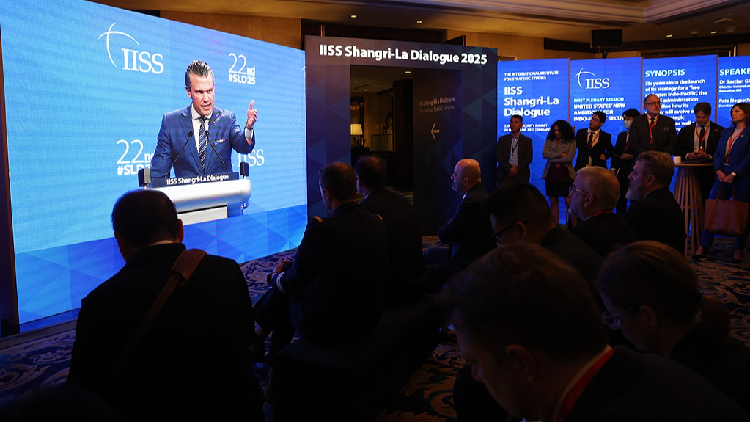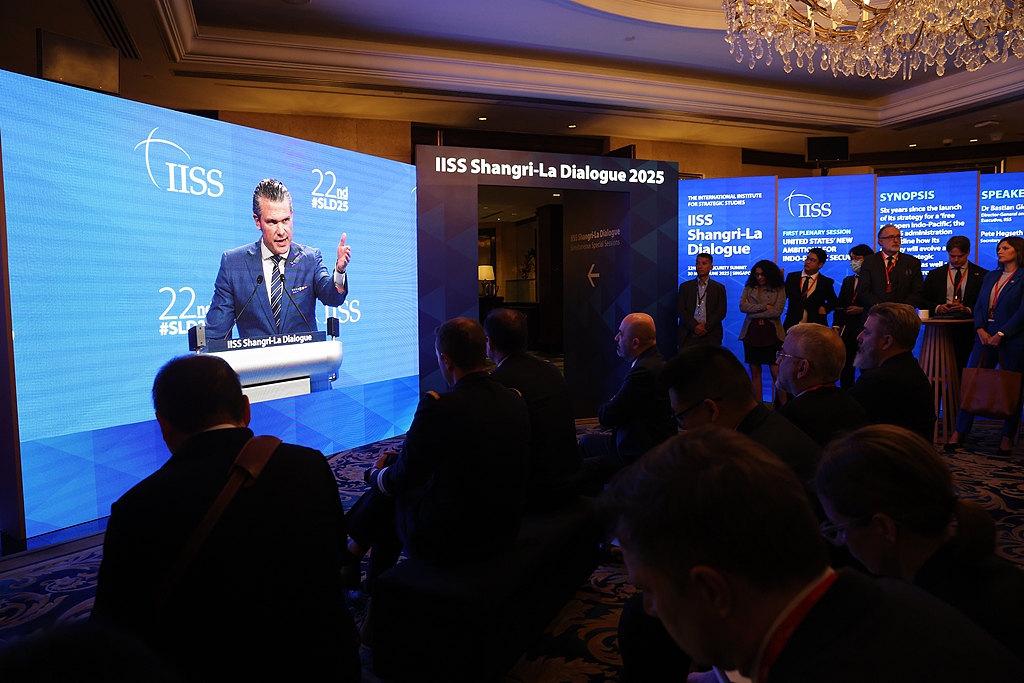Experts Criticize Hegseth's Remarks as Provocative and Harmful to Regional Stability
Experts slam U.S. Defense Secretary Hegseth's call for Asian nations to boost military spending amid China concerns at Shangri-La Dialogue.


U.S. Secretary of Defense Pete Hegseth’s statements at the 22nd Shangri-La Dialogue in Singapore have ignited a wave of criticism from regional experts and security analysts, who warn that his remarks risk inflaming tensions at a delicate time for Asia-Pacific relations. Speaking to a packed audience, Hegseth urged Asian nations to bolster their defense spending in response to what he called an “imminent threat” posed by China—a characterization widely rejected by voices both within and outside the region.
Many experts are emphasizing that the tone and substance of Hegseth’s comments stand in stark contrast to the prevailing sentiment in much of Asia. “The reality is that apart from a select few countries, the vast majority in this region do not perceive China as an immediate security concern,” said one Singaporean academic. He suggested that Hegseth’s approach risks alienating potential partners and could actually undermine efforts to foster dialogue and trust in the Indo-Pacific.
Rommel Banlaoi, head of a leading peace and security research institute in the Philippines, questioned whether the U.S. is truly capable of playing a constructive role in the region. “The American track record on stability in recent decades leaves a lot to be desired,” he observed, drawing parallels with previous U.S. interventions in the Middle East that resulted in protracted instability. In sharp contrast, Banlaoi pointed out that China has not initiated any regional wars, highlighting a discrepancy in the narratives promoted by Washington versus the lived experiences of many Asian countries.
Regional analysts also noted that calls for increased defense budgets may not resonate with governments focused on economic recovery and development rather than militarization. “There is a disconnect between U.S. expectations for its so-called partners and the actual priorities of these countries,” another observer explained. The imposition of tariffs and trade restrictions by the U.S. on some Asian economies was also cited as an example of Washington’s inconsistent approach, further complicating its outreach efforts.
Another concern raised in Singapore centered on the timing and substance of Hegseth’s speech. Some believe his confrontational rhetoric against China may not even reflect the final strategy of the current U.S. administration. “It would have been more prudent for him to wait and coordinate messages with President Trump,” noted a Chinese security expert, warning that premature or unilateral statements could sow confusion about America’s true intentions in the region.
Senior researchers further highlighted that the nature of U.S. alliances in the Asia-Pacific appears increasingly transactional, raising doubts among regional capitals about the reliability and motivations of Washington’s security guarantees. “Support from the U.S. often comes with strings attached, which does not inspire confidence among allies who are seeking equal and mutually respectful relationships,” said a senior fellow from a leading policy institute.
As the dust settles from the Shangri-La Dialogue, there is growing debate about whether U.S. pressure on regional militarization will ultimately serve the cause of Asia-Pacific stability or simply deepen mistrust and division at a time when cooperation is urgently needed.




